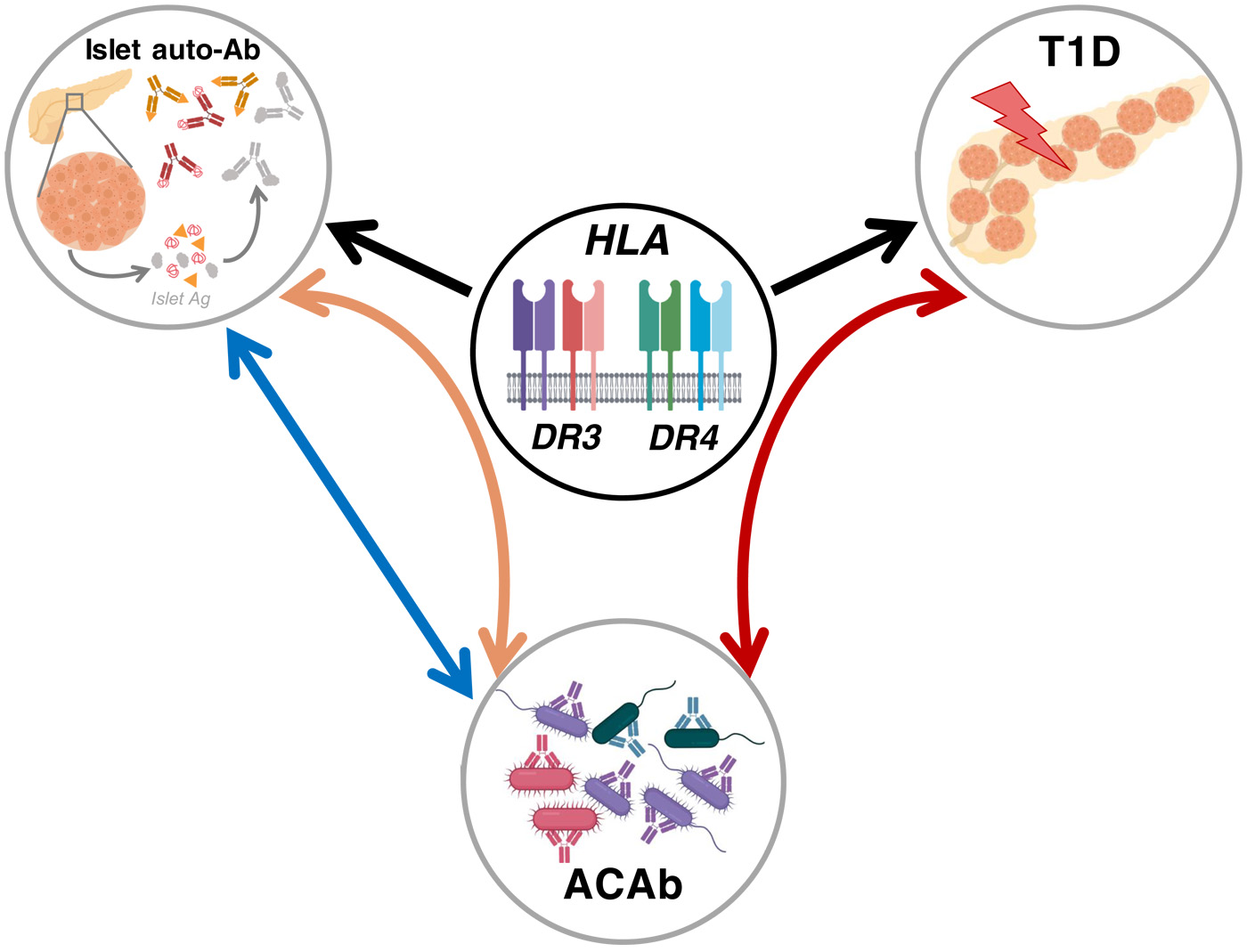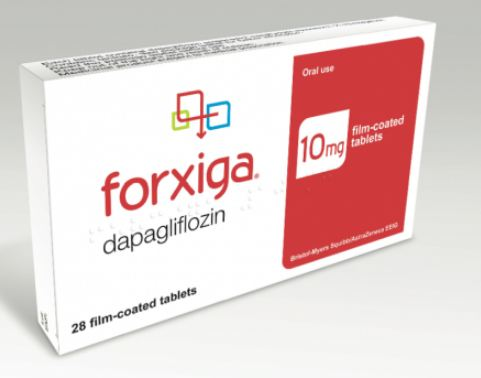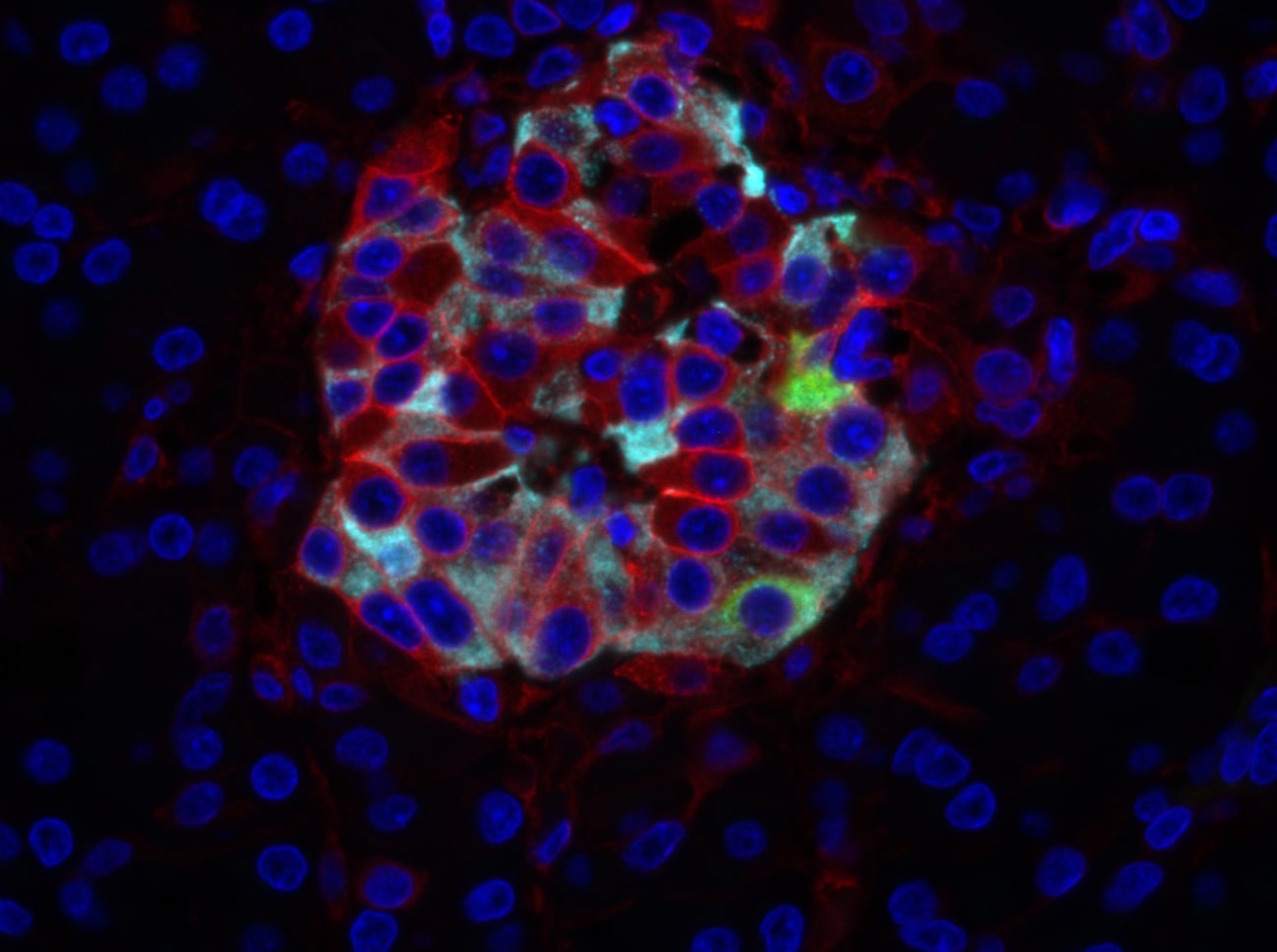
T1D Diagnosis? Gut Bacteria May Hold the Clue
Over the past 50 years, type 1 diabetes (T1D) has increased significantly in many developed countries around the world. There is a genetic component, but genes cannot explain the recent increase in T1D rates, and data suggests that changes in our modern environment have increased the risk for the disease. The human digestive tract hosts […]

Learning to Speak Type 1 Diabetes
Consider the following: The endo says you’re in DKA with an A1c of 11 and that there’s a chance you’re still in the honeymoon phase. Wait, what? If you’re new to type 1 diabetes (T1D), that probably doesn’t make a whole lot of sense. But these terms are ones that people with T1D have […]

SGLT Inhibition: It’s Not Just for Type 2 Anymore
Can a drug long-used for type 2 diabetes, also help those with T1D? The European body that approves medicines for human-use thinks so.

We’re the Advancing Progress Type
Breakthrough T1D Fiscal Year 2018 Annual Report As you’ll see in the pages of our fiscal year 2018 annual report, together, we are making incredible strides in our fight to cure, prevent and treat type 1 diabetes (T1D) and its complications. In fact, 2018 was one of the most exciting years yet for T1D research. […]

Family is Everything: Teske Family Story
Read the inspiring story of the Teske family and their journey with type 1 diabetes. Learn how their dedication to advocacy and estate planning supports Breakthrough T1D's mission to fund critical research and find a cure.

In a Step Backward, UnitedHealthcare Changes Policy to Limit Insulin Pumps for Children
On February 1, 2019, UnitedHealthcare (UHC) announced a significant change to its insulin pump coverage policy, as it will no longer cover all brands of insulin pumps for children. Instead, the nation’s largest insurer has selected Medtronic as the preferred brand for those age 7 or older who go on an insulin pump for the […]

GK Activator Clinical Trial Results
A protein, called glucokinase (or GK), acts as a key regulator of sugar levels in the body, and its expression is limited to tissues that require sugar-sensing, mainly the liver and pancreatic beta cells. If blood glucose levels are deemed too high, activation of GK in the liver increases glucose utilization which in turn lowers blood glucose.

Breakthrough T1D Leads Push to Develop a Vaccine for Viral Infections that Could Trigger T1D
Scientists worldwide are attempting to determine why some people predisposed to type 1 diabetes (T1D) eventually end up developing the disease. There is a genetic component involved, but that alone will not provide an answer for the 64,000 people who develop T1D in the United States each year, who, for the most part, lack any […]

March 2019 Young Adult Conference Speakers
The Breakthrough T1D Young Adult Conference is right around the corner. We’re thrilled to announce the following speakers and we can’t wait to see you in Dallas on March 30th and 31st. Haven’t signed up to attend? Registration is open until February 28th. Brandon Arbiter: Brandon is the VP, Product and Business Development for Tidepool. He […]

An Important Step in the FDA Review of Sotagliflozin (Zynquista™) for T1D
You’ll hear it again and again: For some people with type 1 diabetes (T1D), SGLT inhibitor therapy* means taking less insulin, having increased time in range, reducing the minute-to-minute glucose variability, contributing to weight loss and lowering your A1c. But you’ll also hear about the risks. From dehydration and constant urination to urinary tract infections […]